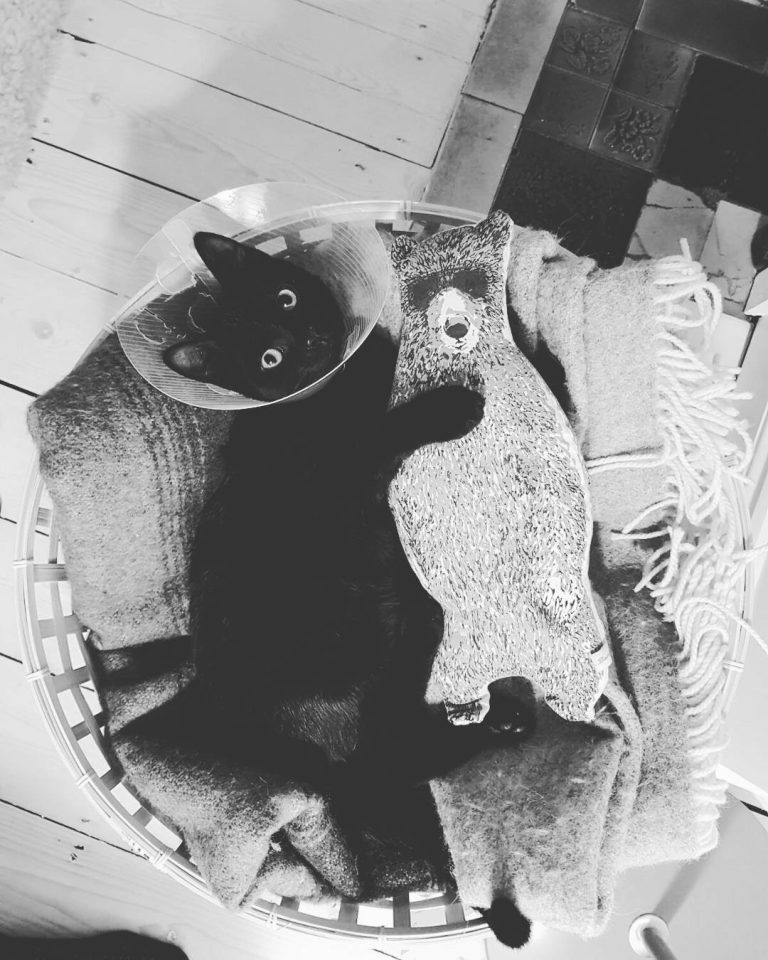Creating a Sanctuary for Harmony: Pet Care Tips for a Blissful Relationship
Welcoming a pet into your home is the beginning of a beautiful journey filled with companionship, love, and joy. However, fostering a harmonious relationship with your pet requires more than just affection; it demands understanding, commitment, and thoughtful care. By creating a sanctuary that caters to your pet’s physical and emotional needs, you can ensure a blissful coexistence. Here are some essential pet care tips to help you nurture a peaceful and happy relationship with your furry, feathered, or scaly friend.
1. Understanding Your Pet’s Needs
Every pet is unique, with its own set of needs and behaviors. Understanding these requirements is the first step towards building a harmonious relationship.
- Dogs: Dogs thrive on routine and require regular exercise, socialization, and mental stimulation. Ensure daily walks, playtime, and training sessions to keep them engaged and happy.
- Cats: Cats are independent yet affectionate creatures. They need vertical spaces, scratching posts, and interactive toys to satisfy their instincts.
- Small Animals: Rabbits, guinea pigs, and other small pets need safe enclosures, hiding spots, and chew toys. Regular handling and gentle interactions help build trust.
- Birds: Birds require spacious cages, perches, and a variety of toys. Social birds benefit from regular interaction and mental stimulation.
2. Creating a Safe and Comfortable Environment
A comfortable and secure environment is crucial for your pet’s well-being.
- Space: Ensure your pet has enough space to move around freely. For dogs and cats, this means a safe outdoor area or a spacious indoor environment. For birds and small animals, spacious cages with multiple levels and hiding spots are essential.
- Temperature: Maintain a comfortable temperature in your pet’s living area. Reptiles often need specific heat lamps, while other pets may require cozy bedding.
- Cleanliness: Regularly clean your pet’s living space to prevent illness and discomfort. This includes cleaning cages, litter boxes, and food and water dishes.
3. Nutrition and Hydration
Proper nutrition is the foundation of good health and a happy pet.
- Balanced Diet: Provide a balanced diet tailored to your pet’s specific needs. Consult with a veterinarian to ensure you are meeting all nutritional requirements.
- Fresh Water: Always provide fresh, clean water. Hydration is essential for all pets, and water should be changed daily.
4. Regular Health Check-ups
Routine veterinary care is essential to keep your pet healthy.
- Vaccinations: Keep up with your pet’s vaccination schedule to prevent diseases.
- Parasite Control: Regularly check and treat for parasites like fleas, ticks, and worms.
- Grooming: Regular grooming sessions help maintain your pet’s coat and skin health. This includes brushing, bathing, and nail trimming.
5. Mental Stimulation and Enrichment
Mental stimulation is as important as physical exercise for your pet’s overall well-being.
- Interactive Toys: Invest in a variety of toys that challenge your pet’s mind. Puzzle feeders, treat-dispensing toys, and interactive games can keep your pet engaged.
- Training: Training sessions are not only a great way to teach your pet new skills but also strengthen your bond. Positive reinforcement techniques work best, rewarding good behavior with treats and praise.
- Social Interaction: Pets are social creatures and thrive on interaction. Spend quality time with your pet, engaging in activities they enjoy.
6. Building Trust and Communication
Trust and communication are the pillars of a strong relationship with your pet.
- Patience: Be patient with your pet, especially during training and adjustment periods. Every pet has its own pace, and patience fosters trust.
- Body Language: Learn to read your pet’s body language. Understanding their signals can help you respond appropriately to their needs and emotions.
- Consistency: Consistency in rules, routines, and training helps your pet feel secure and understand what is expected of them.
Conclusion
Creating a sanctuary for your pet involves more than just providing the basics. It requires a deep understanding of their needs, a safe and enriching environment, proper nutrition, regular health care, and consistent, loving interactions. By following these pet care tips, you can ensure a harmonious and blissful relationship with your pet, filled with mutual respect, love, and joy. Your pet will thrive in a sanctuary where they feel safe, loved, and understood, leading to a happier and more fulfilling life for both of you.










